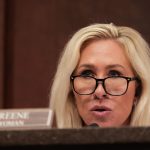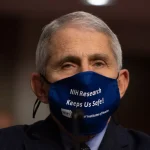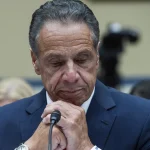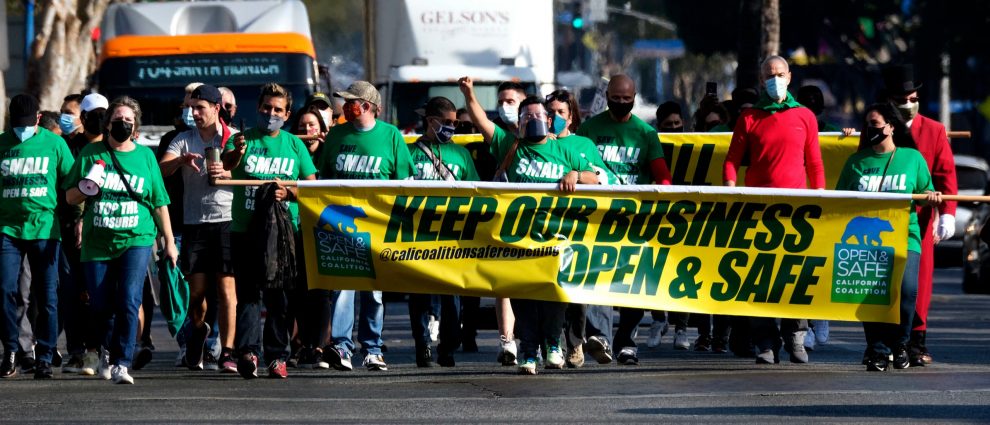Elected officials have largely fallen short of protecting small businesses nationwide throughout the pandemic, even as they have continued to impose devastating restrictions.
While several prominent business advocacy groups told the Daily Caller News Foundation that lawmakers have successfully enacted small business-friendly policies since the spring, the coronavirus pandemic has led to roughly a third of U.S. small businesses to close in 2020, according to Harvard University’s Economic Tracker.
“Despite the pro-business, pro-small business rhetoric we hear from a lot of elected officials, when it comes time to vote, they seem to have stronger allegiances with other interest groups, oftentimes labor,” Ken Pokalsky, vice president of the Business Council of New York State, which represents about 2,300 member businesses, told the DCNF.
Meanwhile, the Chamber of Commerce’s vice president of small business policy, Tom Sullivan, told the DCNF that all businesses, regardless of size, are mutually reliant.
“I think that the large and small business symbiosis, mutual reliance and the value of both is real,” Sullivan said.
“I just don’t think that trying to convince Congress to help small business has to coincide with tearing down publicly traded companies,” he continued.
But major corporations have thrived as small businesses have crumbled under the weight of pandemic restrictions.
Between Jan. 1, 2020, and Dec. 31, 2020, about 30% of U.S. small businesses closed while total small business revenue decreased by 31%, according to Economic Tracker. Conversely, between April and September, 45 out of the 50 most valuable public corporations profited, The Washington Post reported.
“The large companies have these asset bases that the smaller companies cannot compete with, particularly now,” Lauren Silberman, an analyst at Credit Suisse, told the Post.
For example, McDonald’s had the delivery, mobile app and drive-thru infrastructure ready before the pandemic, giving it a massive advantage when businesses were forced to shutter in the spring, The Post reported.
Amazon CEO and founder Jeff Bezos’s 2020 wealth increase spiked particularly in April as coronavirus spread around the world and as the online retailer’s stock price increased significantly, a Business Insider analysis found. Amazon sales, which were high prior to the pandemic, have surged as the e-commerce marketplace became consumers’ default destination, CNBC reported.
Pokalsky criticized the measures Democratic New York Gov. Andrew Cuomo had taken to restrict “non-essential” businesses. Governors across the country from California and Oregon to Michigan and New Jersey have implemented similarly strict measures of their own such as banning indoor dining, limiting how many people can be inside a retail business at once and closing gyms since the outbreak of coronavirus.
Story cited here.
























